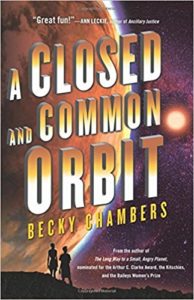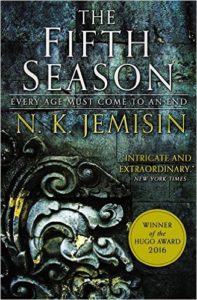The important information on this book’s cover is the subtitle, Conversations with Robert Silverberg. Traveler of Worlds is entirely a set of interviews with Silverberg, who recently passed 80 years of age. He’s one of the grand old men of science fiction; he has attended every Hugo award ceremony; he was incredibly prolific back in the day; and he is now very firmly retired.
Over the course of a little more than 300 pages, Silverberg and Zinos-Amaro range across a wide variety of subjects, but concentrate on reading, writing, science fiction, and art. In science fiction fandom Silverberg is famed as a toastmaster, held to be an exceptional raconteur, and noted for welcoming even rank newcomers to the field. In his introduction to these conversations, Gardner Dozois (another grandee of the field) says, “Silverberg has always struck me as the most urbane of all the field’s practitioners” and praises his “his effortless urbanity, sophistication, and charm.” I found him congenial, but I was not blown away; perhaps I have been fortunate in my conversational partners.
The conventional narrative of Silverberg’s career is that he started selling stories from an early age, was an enormously prolific hack through the middle or late 1960s, and then had an incredibly fertile period where his art reached an entirely new level. He retired for a time in the mid-1970s, then returned with a late period of strong work that gradually tapered off. It is safe to say that he has finished writing now; he refers to himself several times in the book as a former writer.
It’s difficult to grasp just how prolific Silverberg was for a while. He mentions having a year when he sold two million words of writing. He was routinely writing, and selling, upwards of three thousand words per day. No complete bibliography of his work exists. It is possible that one could be constructed, but he wrote not only science fiction, but quite a bit of non-fiction, and nearly anything that someone asked him to write and would pay for. He wrote under a large number of pseudonyms. He wrote erotica at a time when that could earn a visit from the FBI for indecent use of the mail; he very carefully did not lie to the G-men when they dropped by, in part because they were inept with their questions.






